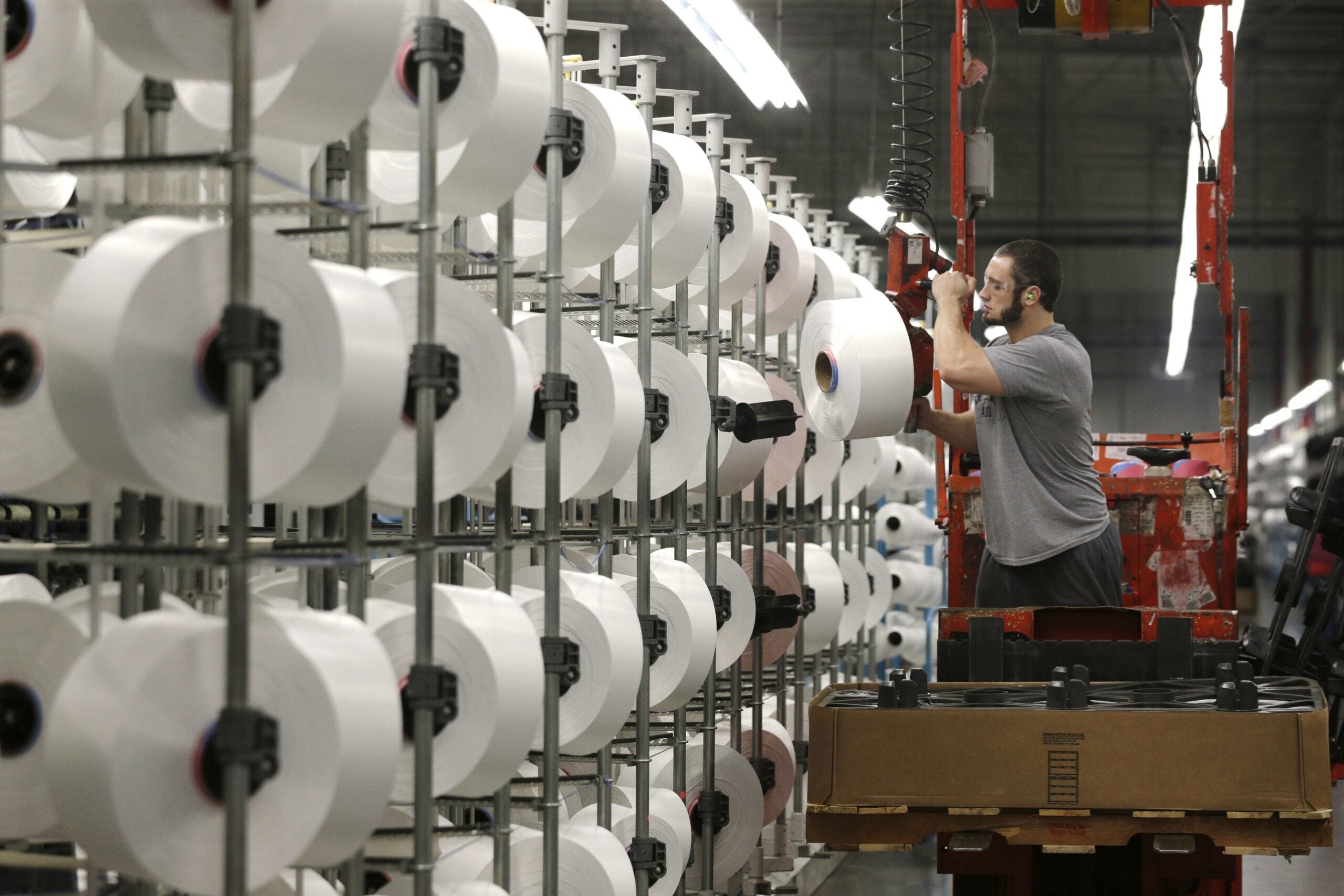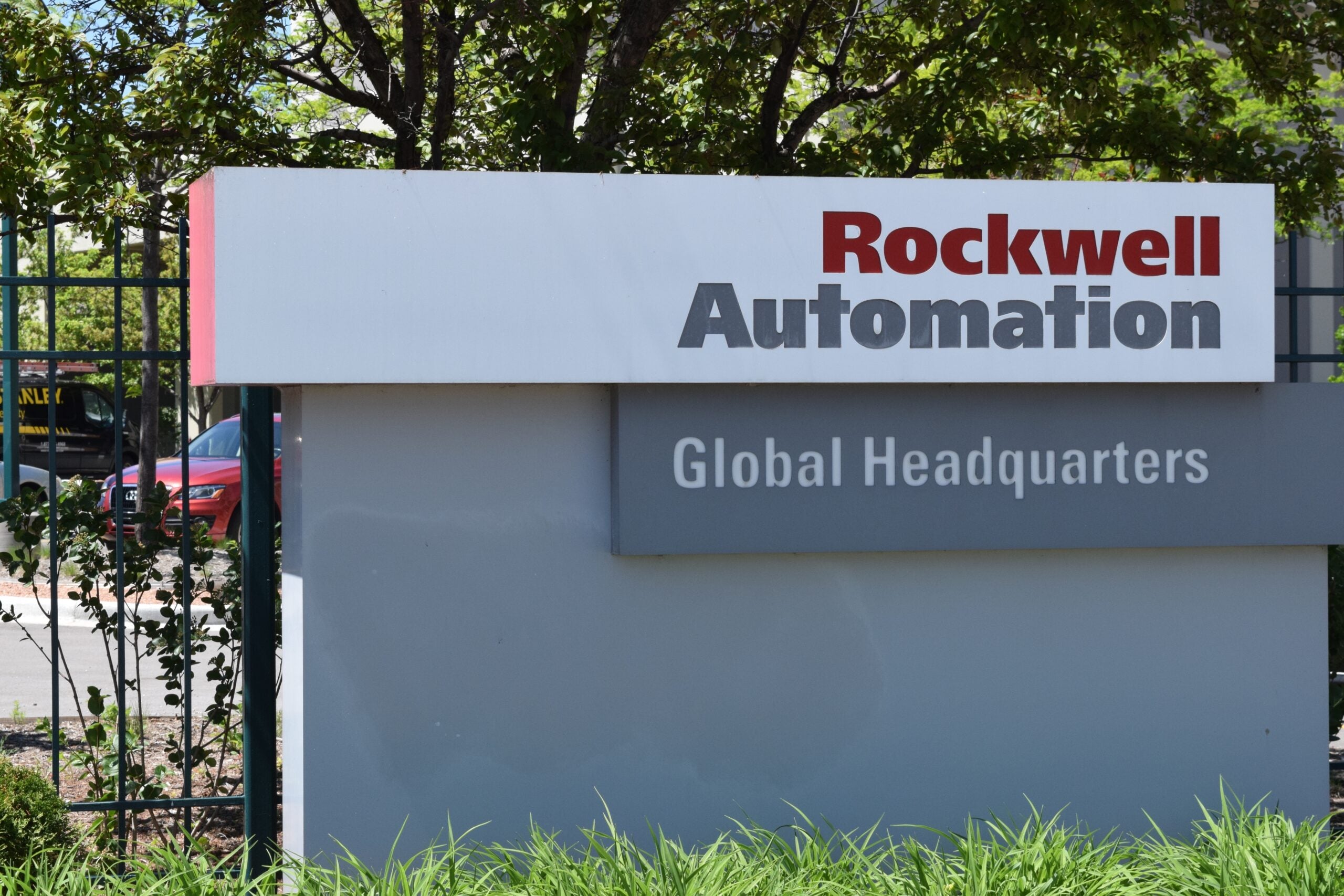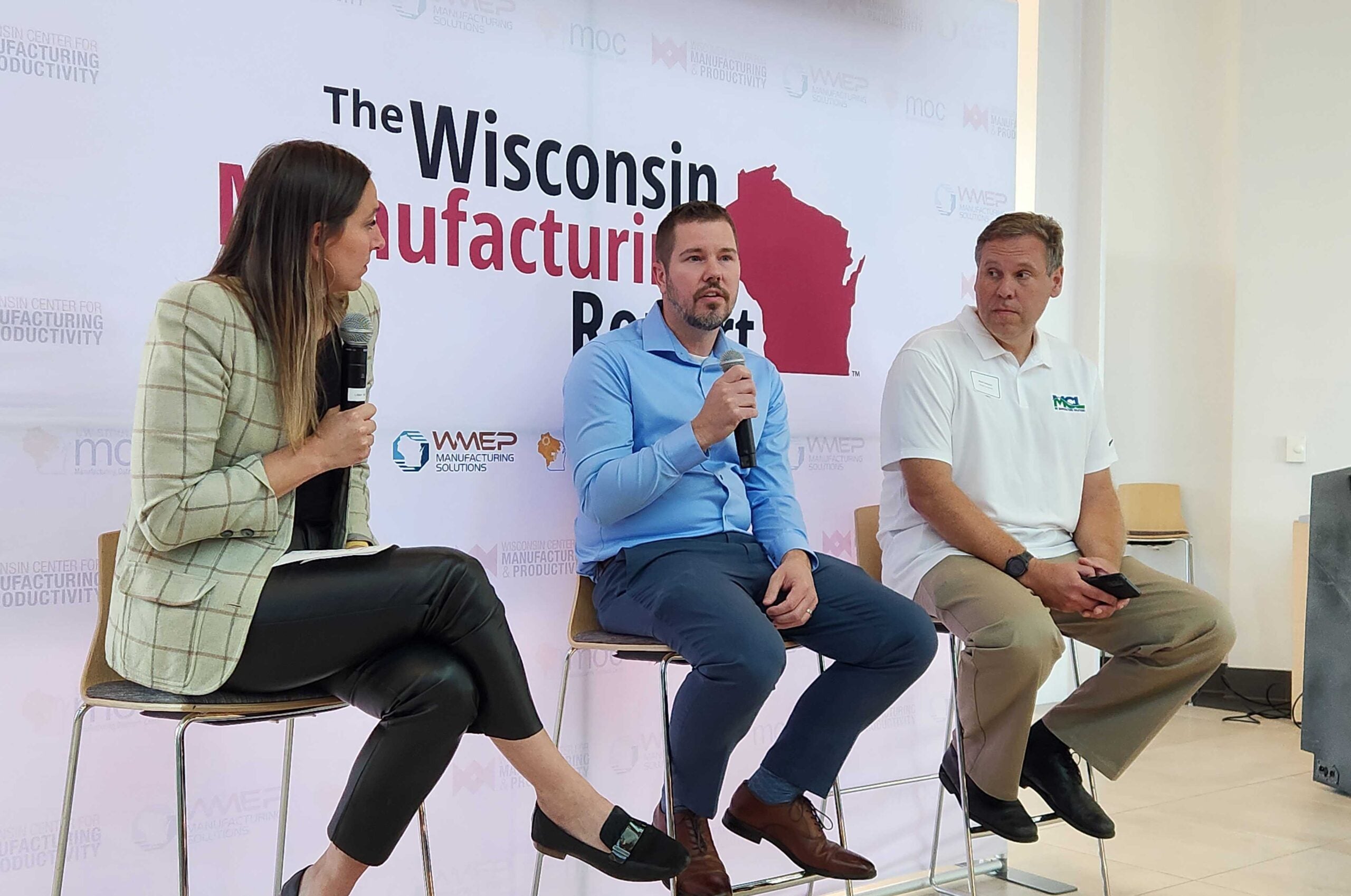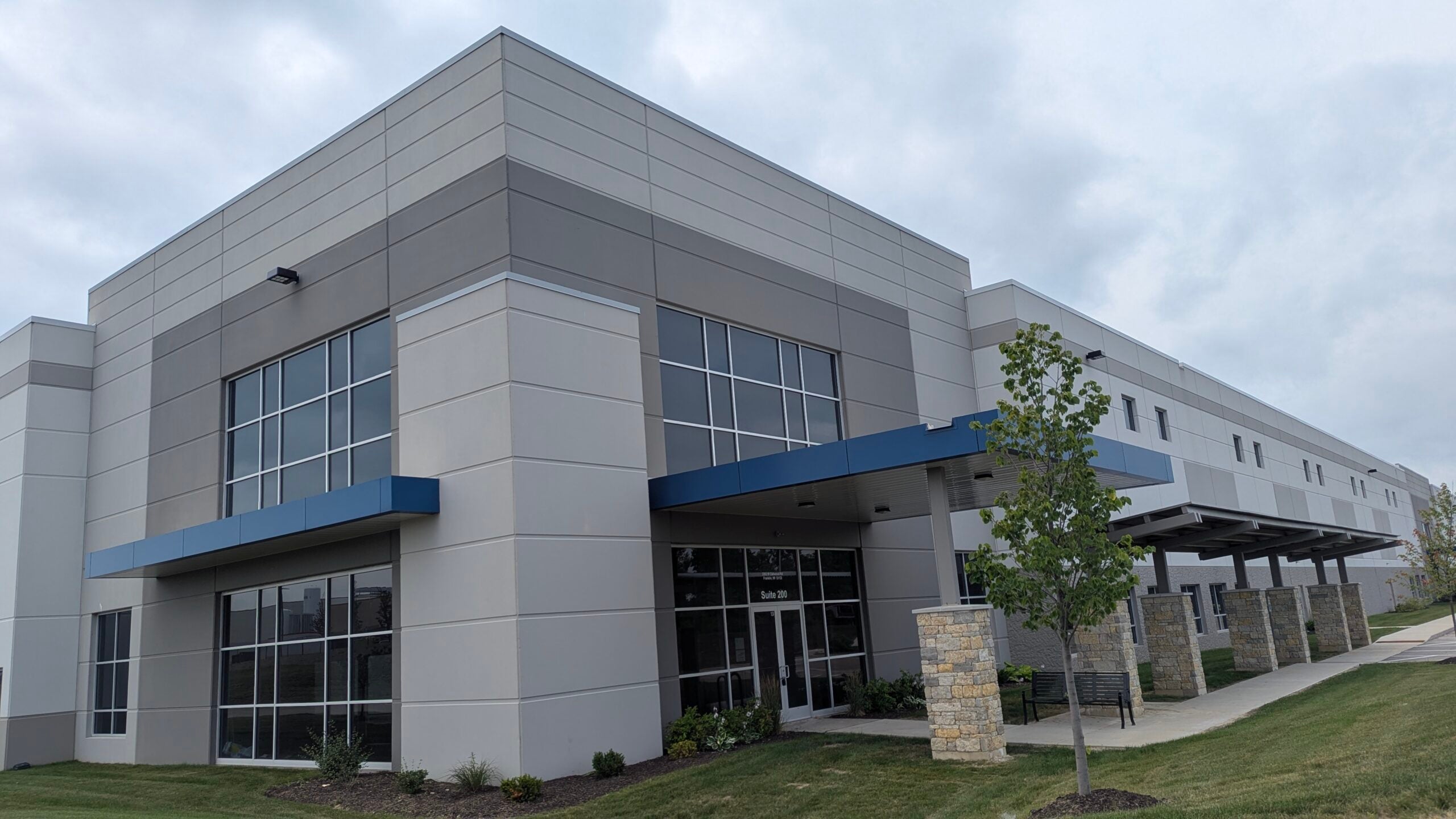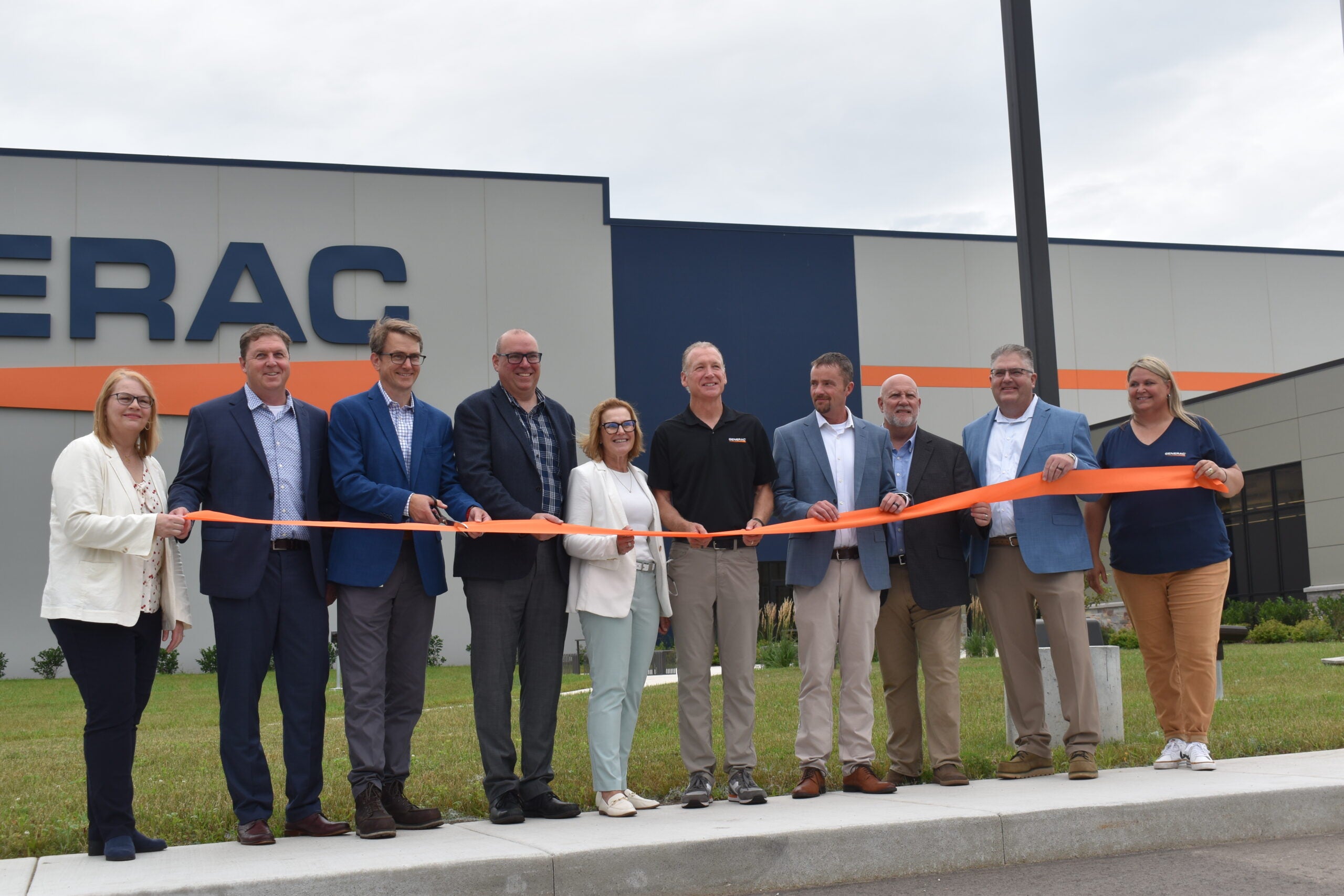Pandemic-induced supply chain hurdles caused many of Wisconsin’s manufacturers to reevaluate where they are getting materials, and industry consultants expect that trend to continue.
Some companies already moved some of their supply chains back to North America, but future geopolitical pressures could force manufacturers to accelerate those plans.
In northeast Wisconsin, manufacturers have increasingly looked at using domestic suppliers and those from neighboring countries like Mexico as a way to combat supply chain disruptions, according to Ann Franz, executive director of the Northeast Wisconsin Manufacturing Alliance.
News with a little more humanity
WPR’s “Wisconsin Today” newsletter keeps you connected to the state you love without feeling overwhelmed. No paywall. No agenda. No corporate filter.
“A lot of these companies are realizing (that) looking at China and companies outside the U.S. are not a long term solution,” Franz said. “We’re really trying to also help our members connect with one another because there may be a supplier just down the street that you just never knew about.”
Fond du Lac-based Wisconsin Lighting Lab, which makes LED lighting, light poles and wireless lighting controls, is among the companies making a change.
Adam Rupp, president of the Wisconsin Lighting Lab, said former President Donald Trump’s tariffs on China served as a “warning sign” that foreign supply chains could be disrupted.
“That allowed us to better prepare for stuff that happened during the pandemic because we were already putting a lot more time into sourcing parts and sourcing components,” he said.
Between China’s multiple lockdowns and Russia’s invasion of Ukraine, Buckley Brinkman, chief executive of the Wisconsin Center for Manufacturing and Productivity, said manufacturers have realized the impact supply chains have on their companies.
“The pandemic showed us how dangerous it is to have supply chains that either start or go through countries that aren’t friendly with us,” he said. “That’s caused a migration of those suppliers out of those places, where possible, and either reshoring, nearshoring or friend-shoring those operations.”
Future geopolitical conflicts could hamper supply chains
Harry Moser is president of the Reshoring Initiative, a nonprofit that promotes bringing manufacturing back to America. He said ongoing worries of a possible Chinese invasion of Taiwan are also raising concerns. He said such an invasion could have devastating impacts on U.S. imports.
“Nothing will come out of China, (and we) may not be able to get it out of some of the other countries around there because there’ll be submarines and mines and missiles,” Moser said of a potential military conflict’s impact on businesses.
That’s why Moser said he’s advising companies to look at what they’re purchasing from China and imagine the impact a years-long supply stoppage would have on their business.
“Would your company survive? If your answer is no, then you should at least bring back 20 to 30 percent of the work that you’re importing, that you can bring back and be more profitable bringing it back as opposed to less profitable,” he said.
Has Wisconsin been successful at bringing manufacturing back from overseas?
But Wisconsin’s reshoring efforts have been a mixed bag. An analysis of jobs and foreign investment in all 50 states from 2010 to 2021 found that Wisconsin ranks 18th.
The states that ranked highest were generally in the southeast part of the country and had lower wage and unionization rates than Wisconsin, Moser said. Wisconsin’s neighbors, meanwhile, also saw mixed results. Michigan ranked fifth, Illinois 19th, Iowa 34th and Minnesota 40th.
“Wisconsin just hasn’t succeeded in a combination of reshoring and (foreign investment),” Moser said. “You’re relatively high wage, relatively unionized. (Wisconsin has a) better business climate than Illinois, but still not quite as attractive as South Carolina (or) Texas.”
But that hasn’t stopped some Wisconsin companies from bringing back some overseas manufacturing. In 2017, Merrill-based Mitchell Metal Products received the first national reshoring award from the Reshoring Initiative and the Precision Metalforming Association.
Increased efforts to reshore supply chains, Brinkman said, will depend on the cost of domestic products versus imported products and future supply disruptions.
“It’s really going to involve current manufacturers being able to pivot to new markets, adopt new technology and be able to go to the marketplace effectively,” Brinkman said. “And that’s a fairly sizable challenge.”
Wisconsin Public Radio, © Copyright 2025, Board of Regents of the University of Wisconsin System and Wisconsin Educational Communications Board.

